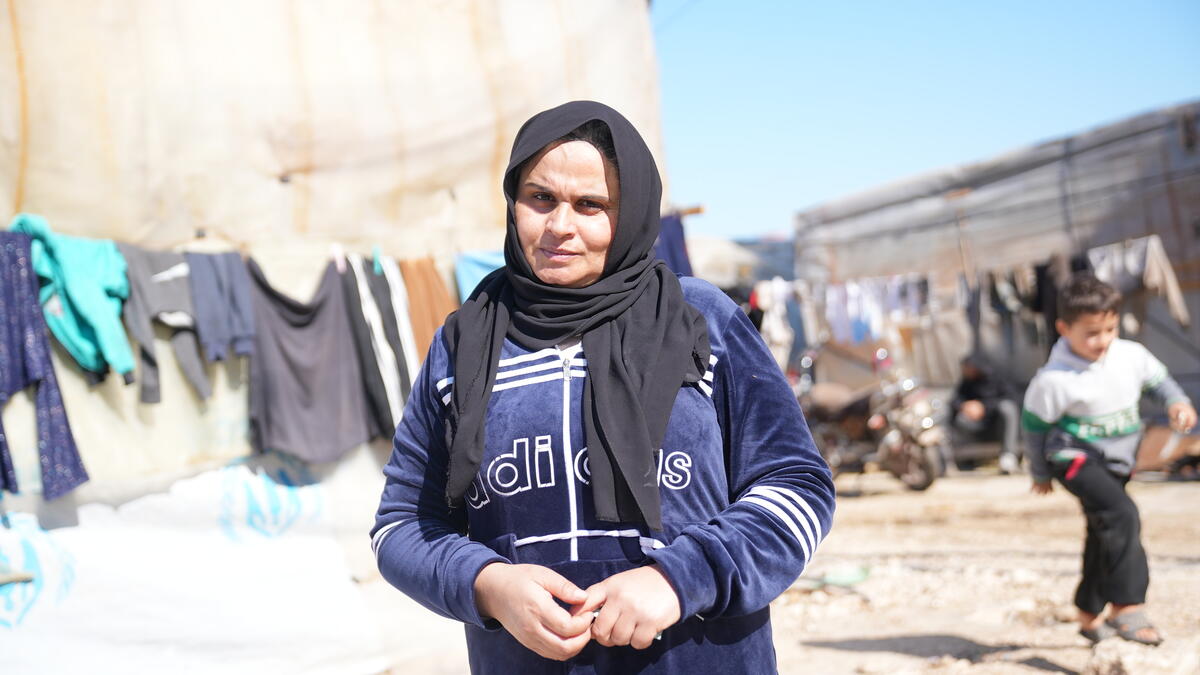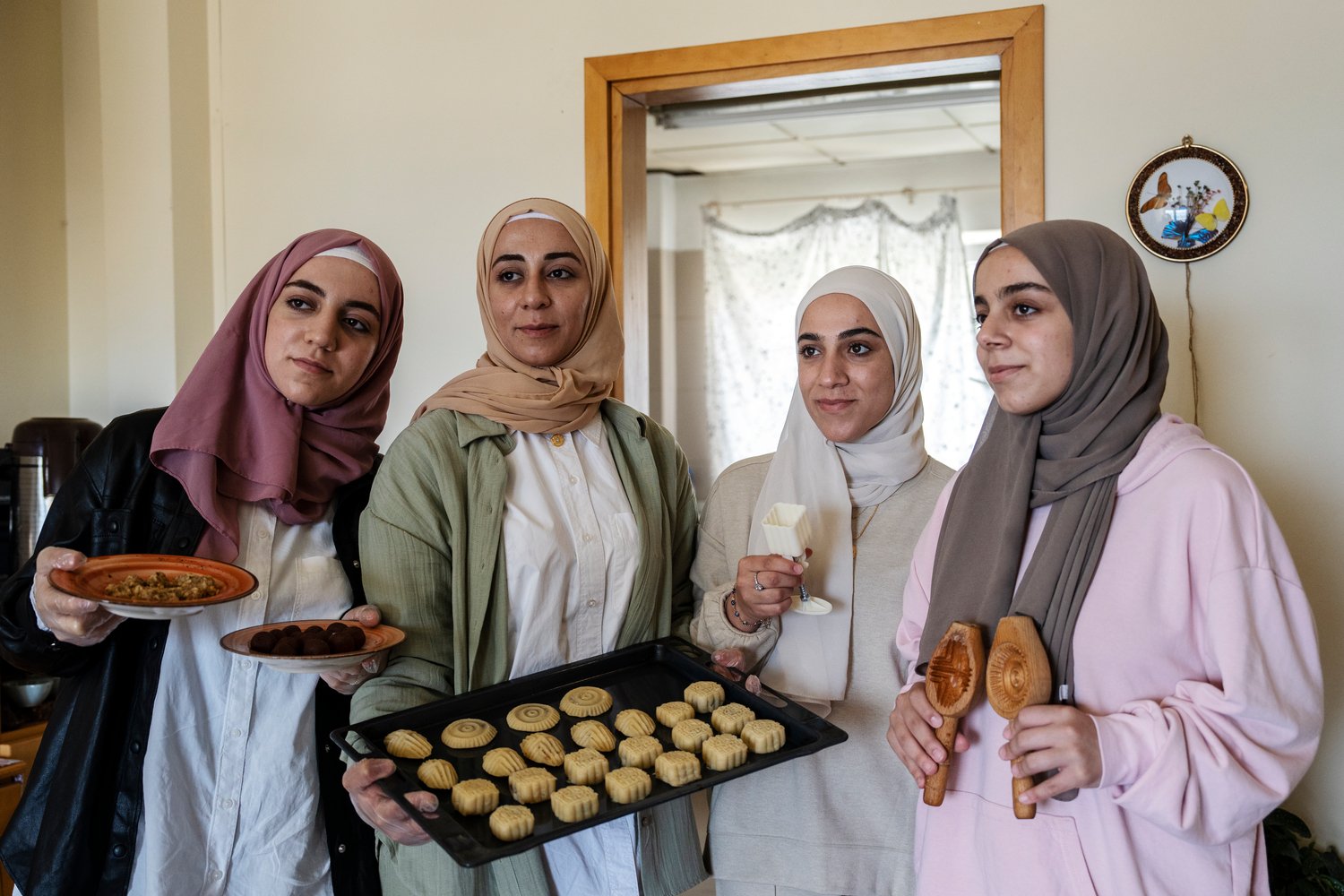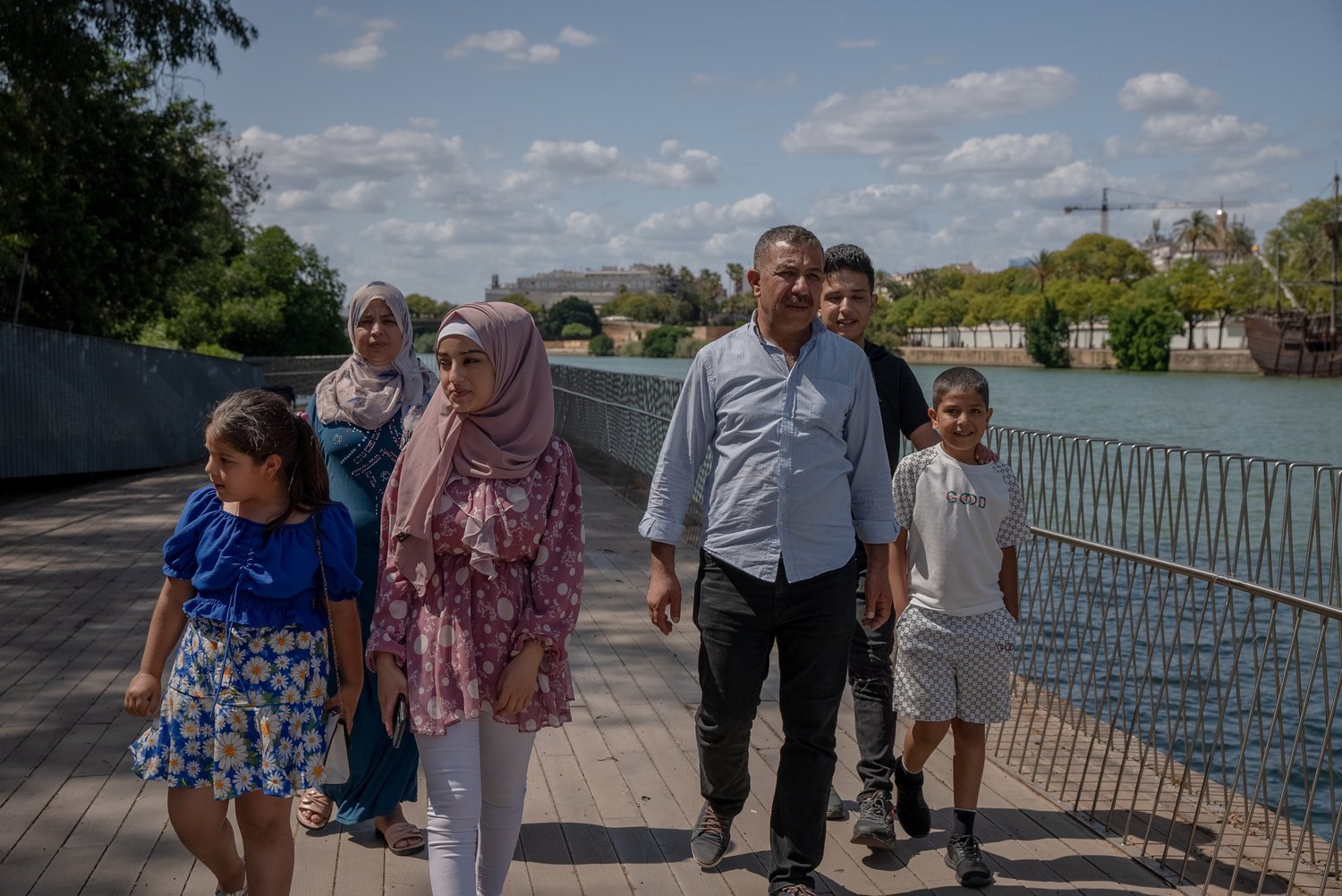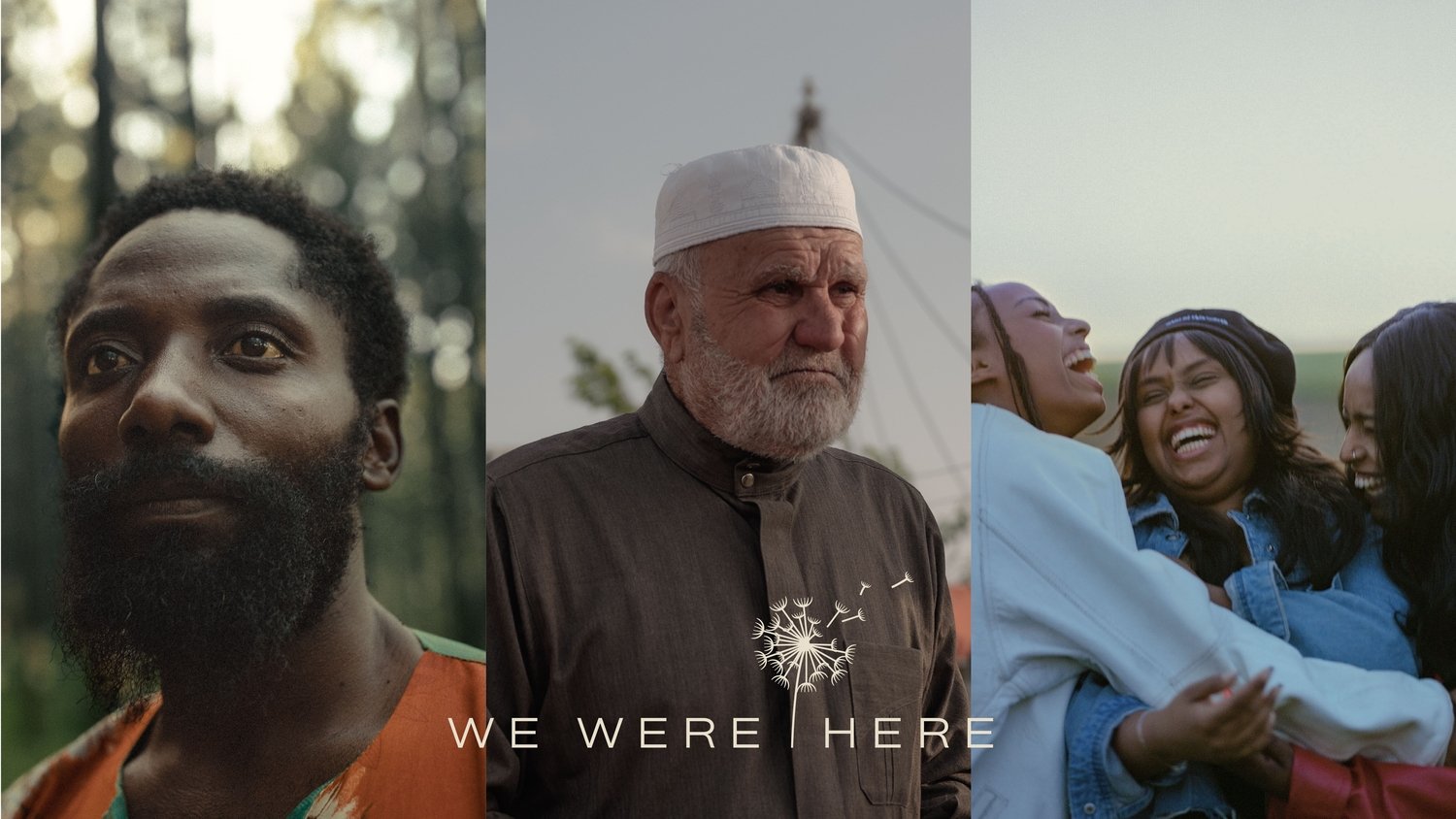Feature: Syrian refugees in Baghdad - all they want is to live in peace
Feature: Syrian refugees in Baghdad - all they want is to live in peace
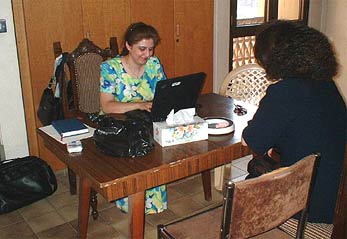
BAGHDAD, July 3 (UNHCR) - Many of Iraq's refugee communities find themselves between a rock and a hard place these days. Stripped of the protection and support long provided by the previous regime, some of Iraq's 110,000 refugees today have lost their housing and they live in fear of attacks by robbers and looters.
For Mustafa, a 69-year-old lawyer from Syria, the new situation is yet another ordeal in a long history of persecution and refuge he's experienced over the decades. He is one of hundreds of Syrians who were forced to leave their country in the 1970s. Like many fellow refugees in Iraq, he had spent several years in different countries before finally settling down in Baghdad.
The Saddam Hussein regime provided Syrian exiles with ID cards, flats and a small monthly allowance. Working in their original professions, they managed to make some extra money and earn a reasonable living. Today this seems like a distant dream. Many of them are left homeless, after criminals evicted them from their flats at gunpoint and helped themselves to their belongings during the chaos that followed the collapse of the government that had protected them.
Many of the Syrians are now without jobs and lack the monthly allowance and status they once enjoyed. Squeezed together in relatives' flats, they live in fear of new assaults.
In the absence of a functioning national protection system for refugees, the UN refugee agency stepped in to help the Syrians. As a first move in mid-June, UNHCR organised a registration week in Baghdad. Some 200 Syrian refugee families presented themselves to the agency's screeners and received ID documents as an initial protection measure.
The registration was carried out in one of the apartment blocks reserved for Iraq's Syrian refugees along a busy street in downtown Baghdad. A total of 647 refugees came forward and were enrolled by UNHCR staff.
One benefit of the registration was also to give UNHCR staff the opportunity to talk to the refugees and to assess their immediate needs.
The survey showed that unlike many typical refugee communities, Iraq's Syrian exiles are somewhat older than usual, with minors accounting for less than one-third of the group. It also showed that the Syrians are unusually well educated, with more than half of the adults holding advanced university degrees.
Over a cup of fragrant hot coffee invariably served to visitors as a sign of hospitality, the refugees share their concerns. They told UNHCR workers that the three things they needed most were security, legal status in Iraq and material support. They said they were afraid to stay, but they had nowhere to go.
Hattaaf, 34, was born in Baghdad to a Syrian refugee family. Growing up during the decades of Iraq's oil-financed economic expansion, she never experienced the usual uncertainties of refugee life.
"I am a computer programmer. I used to lead a normal life here, in safety and peace. And that is all I want," Hattaaf said. She added that despite the current turmoil in Baghdad with a lack of security and proper access to water and electricity, she never toyed with the idea of leaving.
"I do not even have travel documents. Where should I go?" she said.
Iraq's older Syrian exiles say they are now too tired to try leaving again. "I am 69 years old, I do not want to flee once again," said Mustafa in flawless German, which he speaks in addition to English, French and Arabic. He said he had ample opportunity to practise his language skills in a string of countries he passed through during many years in exile. But he said he did not want to start learning yet another language. "Enough is enough." he said.


